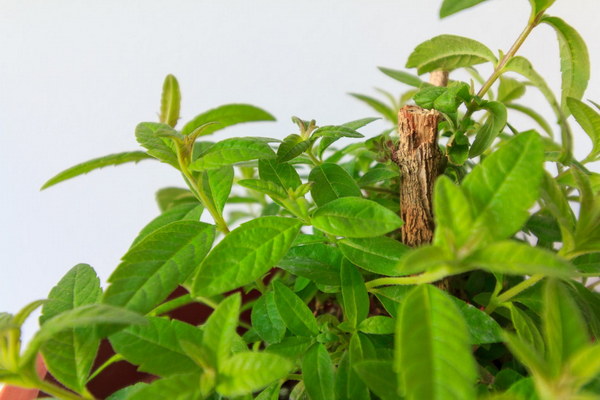Nurturing the Liver for People with Yang Deficiency A Holistic Approach
Introduction:
Yang deficiency is a common constitutional imbalance in traditional Chinese medicine (TCM), where the body's yang energy is weak. This condition can lead to various health issues, including liver-related problems. The liver is crucial for detoxification, blood circulation, and emotional balance. Therefore, it is essential for individuals with yang deficiency to adopt a holistic approach to nourish and strengthen their liver. In this article, we will explore effective strategies to support liver health for those with yang deficiency.
1. Diet and Nutrition:
A balanced diet is the foundation for maintaining liver health in individuals with yang deficiency. Here are some key dietary recommendations:
a. Incorporate warm and nourishing foods: These include root vegetables, such as carrots, sweet potatoes, and beets, as well as grains like brown rice and quinoa. These foods provide the necessary energy and warmth to support the liver.
b. Include liver-supporting herbs: Herbs like dandelion, milk thistle, and turmeric can help boost liver function. These herbs can be consumed in tea form or added to meals.
c. Limit cold, raw, and processed foods: Cold and raw foods can further weaken the yang energy, while processed foods can burden the liver. It is advisable to minimize their intake.
2. Lifestyle Adjustments:

Adopting a healthy lifestyle is crucial for nurturing the liver in individuals with yang deficiency. Here are some lifestyle recommendations:
a. Regular exercise: Engaging in moderate exercise, such as walking, jogging, or yoga, can enhance blood circulation, boost energy levels, and support liver function.
b. Adequate sleep: Ensuring sufficient sleep is vital for the liver to regenerate and function optimally. Aim for 7-8 hours of quality sleep each night.
c. Stress management: Chronic stress can harm liver function. Techniques such as meditation, deep breathing exercises, and engaging in hobbies can help manage stress levels.
3. Acupuncture and Traditional Chinese Medicine:
Acupuncture, herbal medicine, and other TCM practices can be beneficial for individuals with yang deficiency and liver-related issues. A qualified TCM practitioner can provide personalized treatment plans based on individual needs.
a. Acupuncture: Acupuncture points related to the liver and kidney meridians can help balance yang energy and improve liver function.
b. Herbal medicine: TCM herbs can be prescribed to nourish the liver, enhance yang energy, and address specific symptoms.
4. Mindfulness and Emotional Well-being:
The liver is closely connected to emotions, particularly anger and frustration. It is essential for individuals with yang deficiency to cultivate emotional balance and mindfulness.
a. Positive thinking: Practice positive affirmations and focus on positive experiences to nurture emotional well-being.
b. Emotional expression: Find healthy ways to express emotions, such as through art, writing, or talking to friends and family.
Conclusion:
Nurturing the liver for individuals with yang deficiency requires a holistic approach that combines diet, lifestyle adjustments, TCM practices, and emotional well-being. By following these strategies, individuals can support liver health, improve overall well-being, and enhance their quality of life. Consulting with a qualified TCM practitioner can provide personalized guidance and treatment plans tailored to individual needs.









